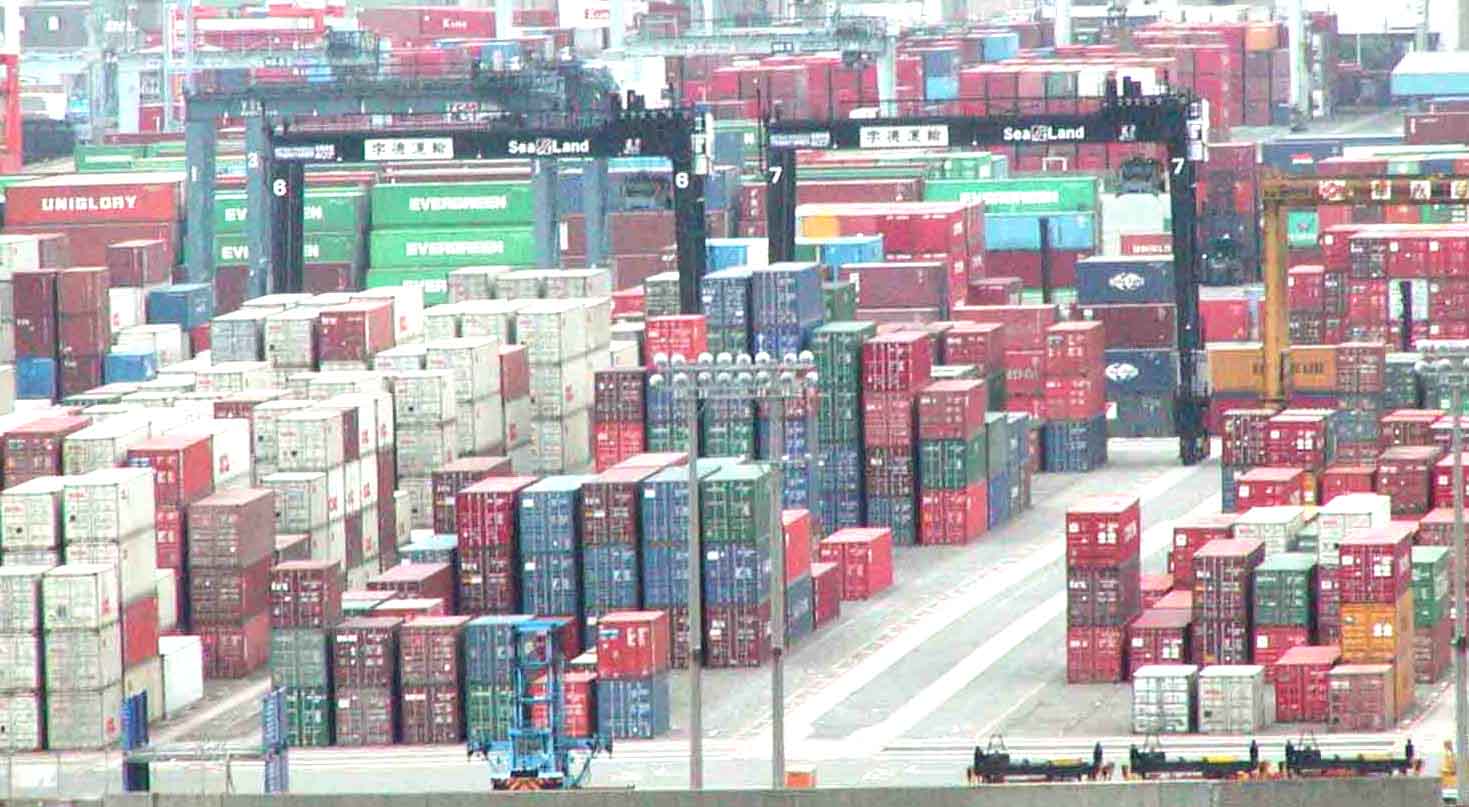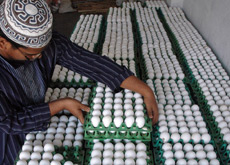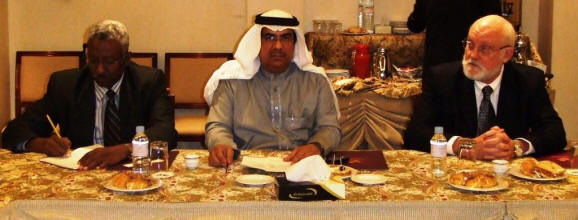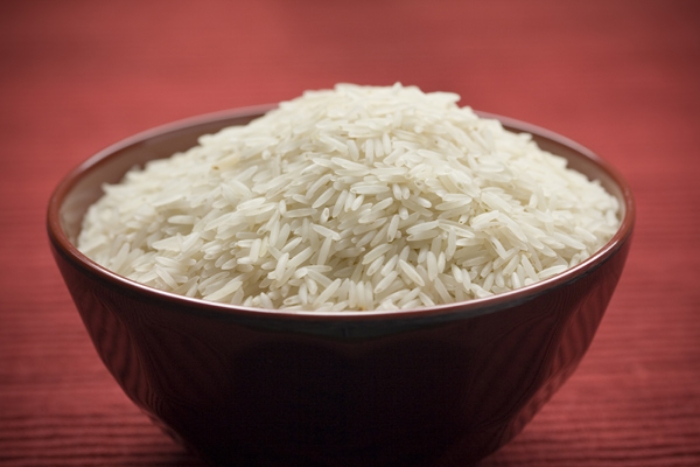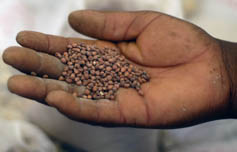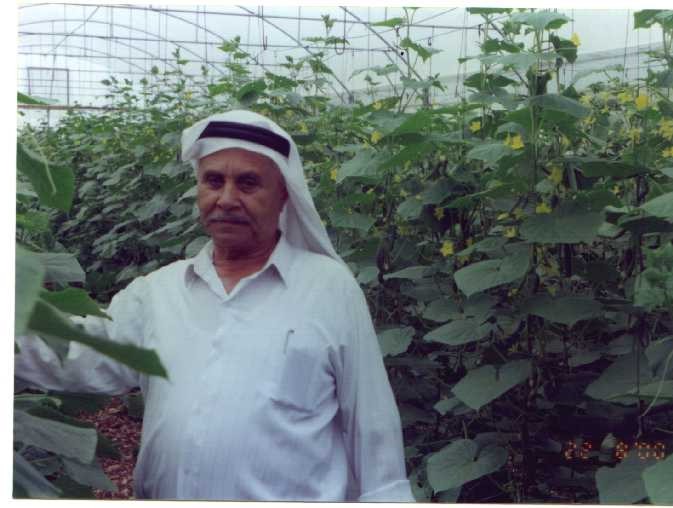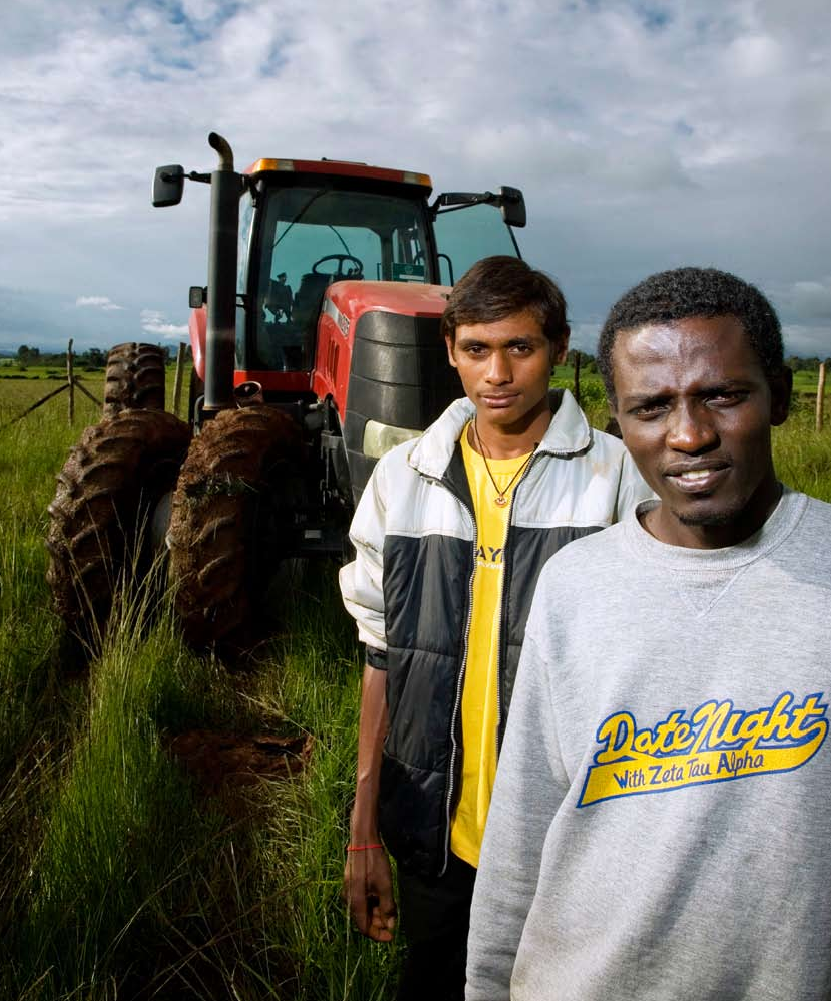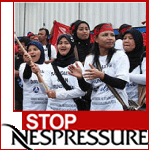Saudi private $533 mln agri-business firm eyes 2010 start
- Reuters
- 09 September 2009
A group of private Saudi investors said they plan to start a company with $533.3 million capital that will invest in farm projects mainly abroad. First projects may be with Ghana, Turkey and Kazakhstan.





